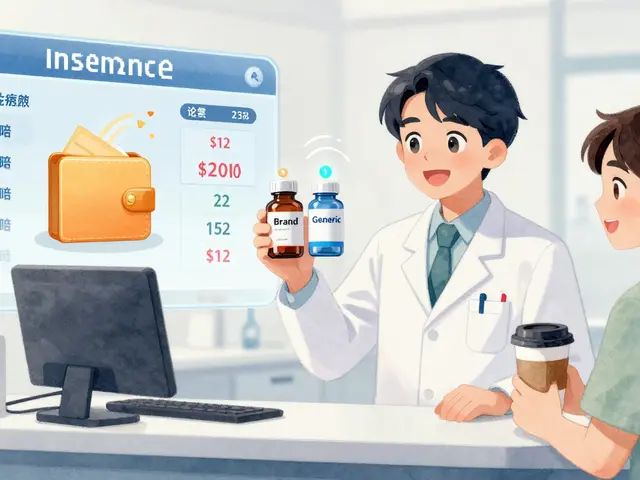OCD Therapist: Finding the Right Help for Obsessive-Compulsive Disorder
When you’re stuck in a loop of intrusive thoughts or feel like you have to perform certain rituals just to feel okay, an OCD therapist, a mental health professional trained to treat obsessive-compulsive disorder using evidence-based methods like cognitive behavioral therapy. Also known as a CBT specialist for OCD, it doesn’t just talk about feelings—it helps you break free from patterns that control your life.
An OCD therapist isn’t just any counselor. They use specific tools like exposure and response prevention (ERP), the gold-standard treatment that gradually helps you face fears without doing compulsions. This isn’t about pushing you to "just relax"—it’s about rewiring your brain’s fear response. Studies show ERP works for 70% of people with OCD, but only if it’s done right. That’s why finding someone who knows how to build exposure exercises tailored to your triggers—whether it’s contamination fears, symmetry urges, or unwanted thoughts—is critical. A general therapist might not know how to structure these sessions, and that can make recovery slower—or worse, make symptoms worse.
Many people with OCD spend years trying to manage on their own or seeing providers who don’t understand the condition. You might have been told you’re "just anxious" or "overthinking," but OCD is a neurological pattern, not a personality flaw. A skilled OCD therapist understands the difference between normal worry and the relentless, high-stakes anxiety that drives compulsions. They also know how to work with related issues—like depression, tic disorders, or body dysmorphic disorder—that often show up alongside OCD. And they don’t just hand you homework—they sit with you in the discomfort, guide you through it, and celebrate small wins like resisting a hand-washing ritual or leaving a door unlocked.
What you’ll find in the posts below isn’t a list of therapists—but it’s the kind of practical, real-world info that helps you understand what treatment should look like. From how medication interacts with therapy to why some people feel worse before they get better, these articles cover the hidden details most guides skip. You’ll see how treatments like ERP fit into daily life, what to watch for when starting out, and how to tell if your current approach is working. This isn’t theory. It’s what people actually go through—and what works when they stick with it.

Choosing the Right OCD Therapist: A Practical Guide
A step‑by‑step guide to picking an OCD therapist, covering credentials, therapy types, costs, red flags, and a handy comparison table.




